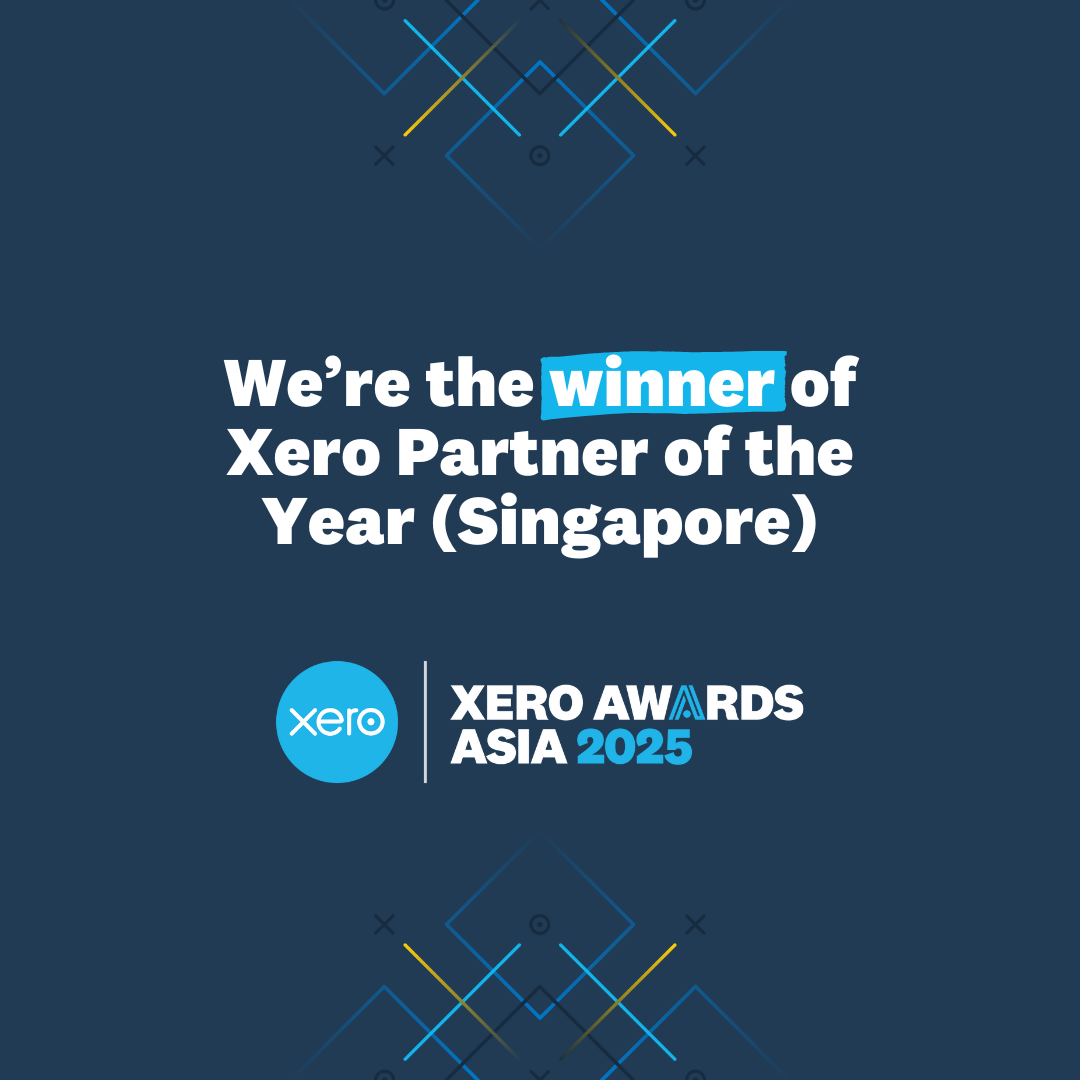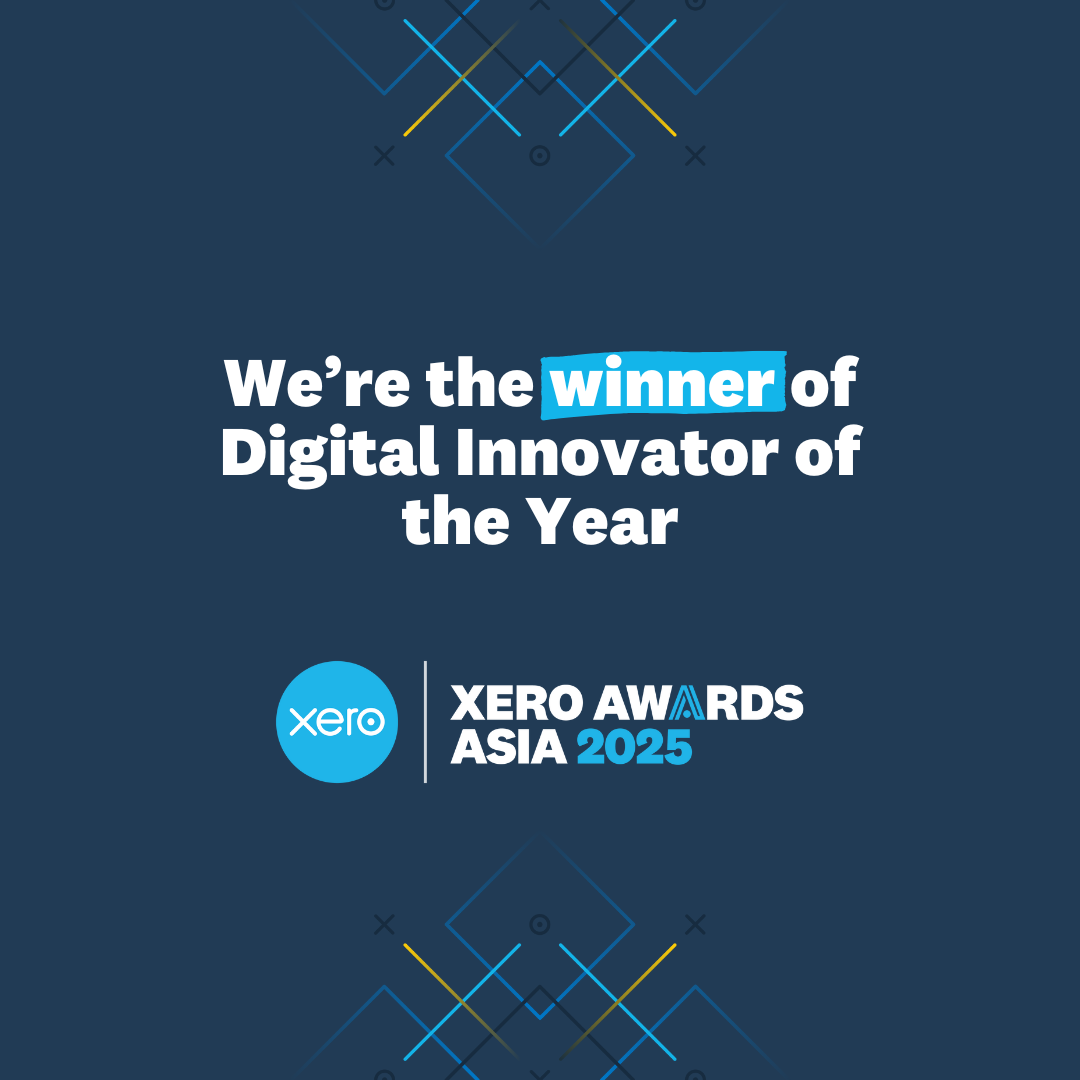Commercial Property Investment: Should You Buy as an Individual or a Company?
Have you ever wondered about the benefits of owning a commercial property through a company? With limited liability protection, tax advantages, and easier transfer of ownership, owning a commercial property as a company can offer significant advantages.
Introduction
Choosing the right ownership structure for a commercial property in Singapore is a critical decision that can significantly impact your financial and legal obligations. Whether to buy a commercial property under your name or a company is a question that many investors face. This article will delve into the key considerations, including tax implications, personal liability, financing options, stamp duty, and other costs, as well as the transfer of ownership and future sale. By understanding these factors, you can make an informed decision that aligns with your business goals and financial situation.
Tax Implications
When it comes to tax implications, there are significant differences between owning a commercial property as an individual and as a company. Companies in Singapore are taxed at a corporate tax rate of approximately 8.5% for the first $300,000 of taxable income and 17% thereafter. In contrast, individuals are taxed at their marginal tax rate, which can range from 2% to 22% depending on their income level.
Companies can also claim back Goods and Services Tax (GST) paid on the property, which can be a significant advantage. For example, if you purchase a commercial property for $1 million and your company is GST-registered, you can claim back the 9% GST, which is $90,000. This can provide substantial savings compared to owning the property as an individual.

Personal Liability
One of the most significant advantages of owning a commercial property through a company is the limited liability protection it offers. This means that your personal assets are protected from business debts and liabilities. If the company defaults on a loan or incurs other financial obligations, your personal assets, such as your home, are not at risk.
In contrast, owning a commercial property in your name exposes you to personal liability. If you default on a loan or incur other financial obligations, your personal assets can be seized to satisfy these debts.
Financing Options
Financing options also vary significantly between individuals and companies. Individuals cannot use their Central Provident Fund (CPF) monies to buy commercial properties, whereas companies can explore various financing options, including commercial property loans from banks and other financial institutions.
For example, if you need to finance 80% of the purchase price of a commercial property, a company can borrow up to 80% of the property’s selling price, whereas an individual may face stricter loan-to-value ratios.
Transfer of Ownership and Future Sale
The transfer of ownership and future sale of a commercial property also have different implications for individuals and companies. When a company owns a property, the transfer of ownership is typically easier and less costly, as it involves transferring shares rather than property deeds.
Company Costs
There are additional costs of setting up and maintaining a company such as incorporation fees and ongoing expenses, such as preparing financial statements, and annual filing fees.

Conclusion
In conclusion, owning a commercial property through a company offers several advantages, including limited liability protection, tax benefits, and easier transfer of ownership. However, it also involves additional costs and complexities, such as incorporation fees and ongoing expenses.
Investors in Singapore should carefully consider these factors and consult with an accountant or financial advisor to determine the best ownership structure for their commercial property. By understanding the key considerations outlined in this article, you can make an informed decision that aligns with your goals and financial situation.
Latest Posts
Sign up to our monthly "Picks of the Crop" newsletter for the latest accounting and business updates.
Terms & Conditions, Privacy and Data Protection Policy






